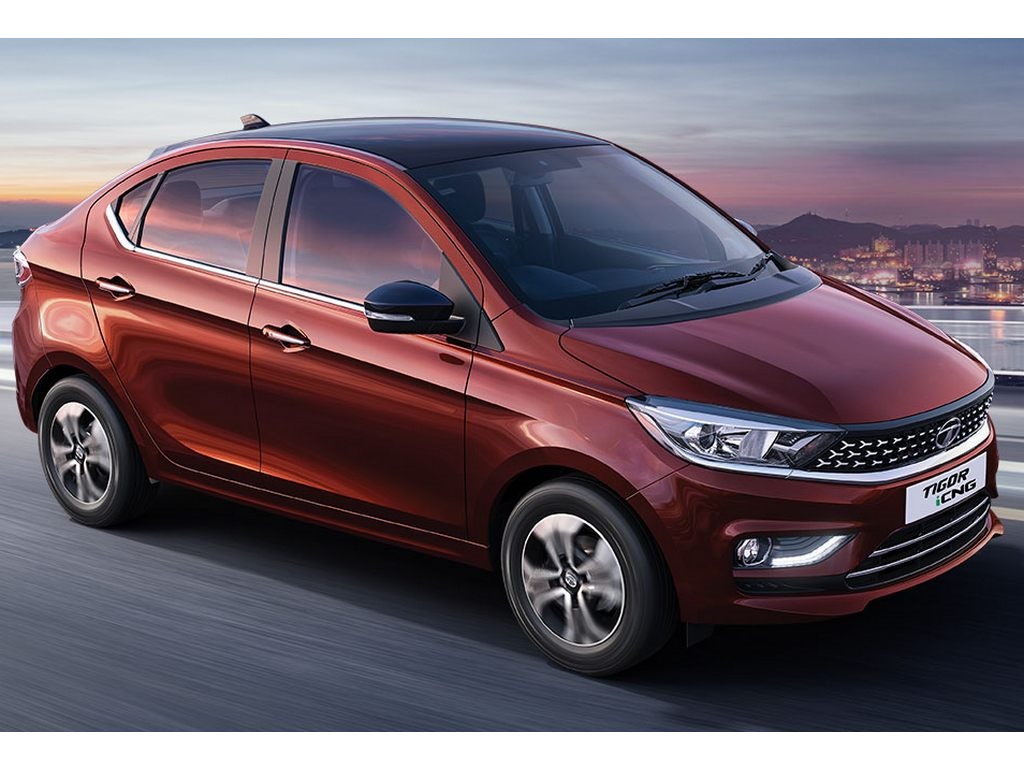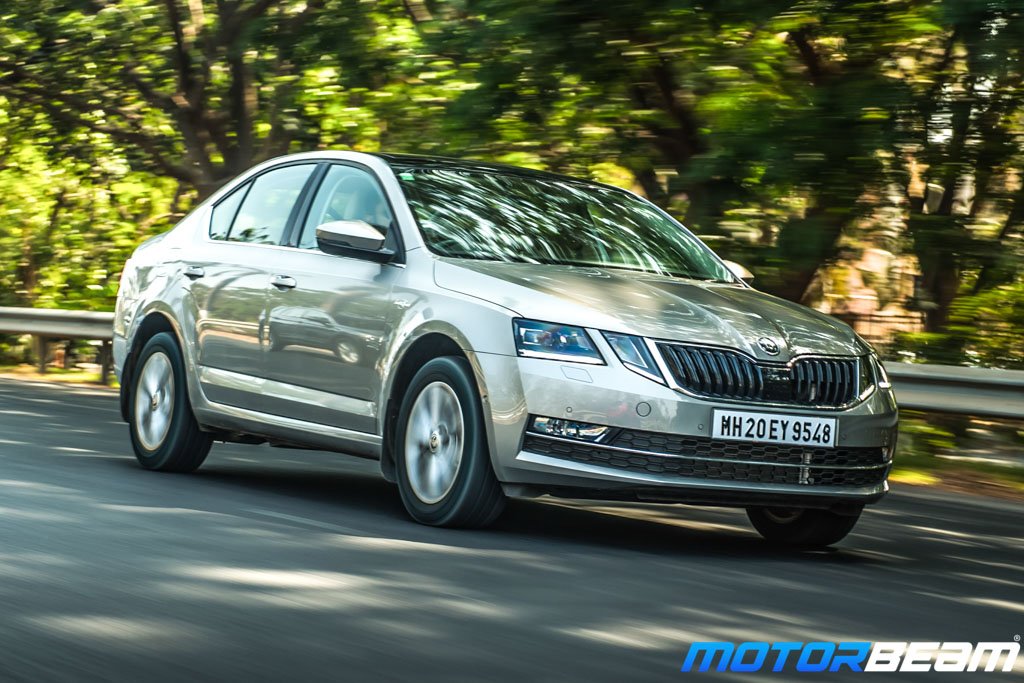
Compressed Natural Gas (CNG) is an alternative fuel for vehicles that has been very popular in India since a long while. CNG cars run on natural gas that is compressed at high pressure and stored in a fuel tank in the vehicle. These days carmakers are ditching diesel engines and introducing CNG options for a frugal choice. For instance, Maruti has a wide range of CNG cars on offer and they no longer offer diesel engine options. Lets discuss the pros and cons of CNG cars to help you understand if this type of vehicle is the right choice for you.
Pros:
- Environment Friendly:
One of the most significant advantages of CNG cars is that they are more environment friendly than petrol and diesel powered cars. CNG is a cleaner-burning fuel, emitting significantly fewer pollutants and greenhouse gases into the atmosphere. As a result, CNG cars help to reduce air pollution and improve air quality in urban areas. When there is a rise in pollution in Delhi and if there’s the odd even rule in place, the government exempts CNG vehicles for this reason. - Cost-Effective:
CNG is a cheaper fuel than petrol, making CNG cars more cost-effective to run. This is because the production of CNG is less expensive than petrol and CNG is taxed at a lower rate. Additionally, CNG cars have a higher fuel efficiency than petrol-powered cars, meaning you can save even more money on fuel costs in the long run. However, the price gap is marginal in the current scenario in India. - Lower Maintenance :
CNG cars offer lower maintenance cost than petrol-powered cars. This is because CNG burns more cleanly than petrol, reducing wear and tear on engine components and motor oil will be less contaminated by the fuel. This leads to lower repair costs over the lifetime of the vehicle. - Switching Option:
You always have the option to switch to petrol power in case you run out of CNG. This will help you while traveling on longer routes where there is limited availability and also save your time if you are in a hurry and you can’t queue up.
Cons:
- Limited Availability:
One of the main disadvantages of CNG cars is that they are not as widely available as regular fuel. CNG refuelling stations are relatively less, particularly in rural areas, making it challenging to find a place to refuel your CNG car. Even if there are multiple CNG stations in your city, you have to queue up to refill your car at times. - Reduced Performance:
CNG cars have reduced performance compared to petrol-powered cars. This is because CNG has a lower energy density than petrol, which means that CNG cars have less power and acceleration. Additionally, CNG fuel tanks are bulkier and heavier and reduce the overall performance of the vehicle. - Higher Upfront Costs:
CNG cars have higher upfront costs than petrol-powered cars. This is because CNG fuel systems are more complex and require additional components such as high-pressure fuel tanks, fuel injectors and regulators. - No Boot Space:
As the CNG tanks are huge in size, they take up almost 80-90 percent of your boot space. If it is a hatchback, you are left with almost no space, sedans still offer some space for bags and small stuff. Tata Motors showcased their dual cylinder setup at the Auto Expo 2023 which takes very less space and tucks in neatly under the boot.




